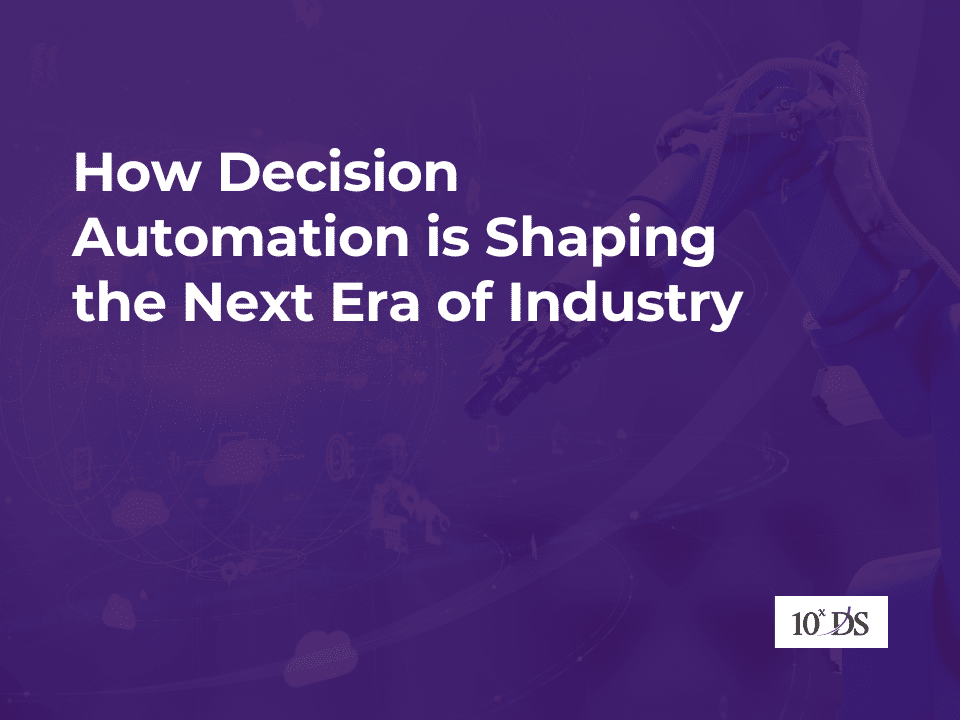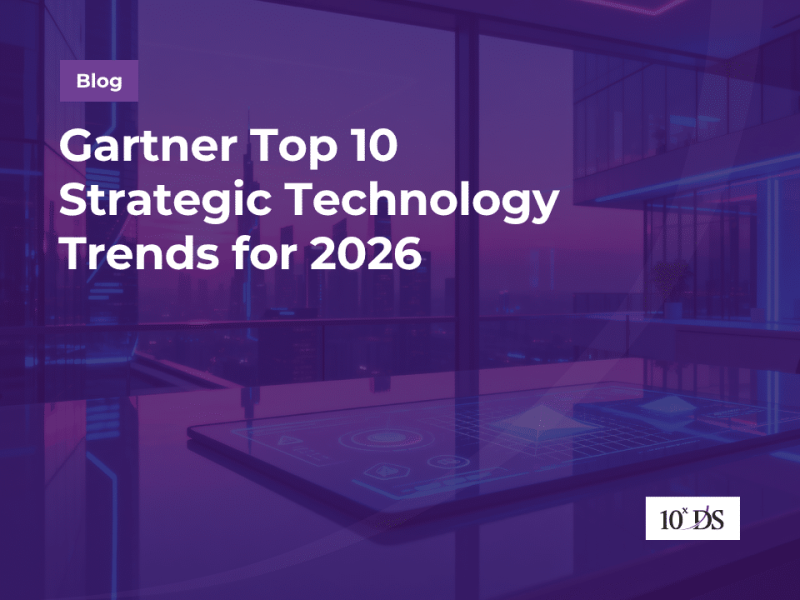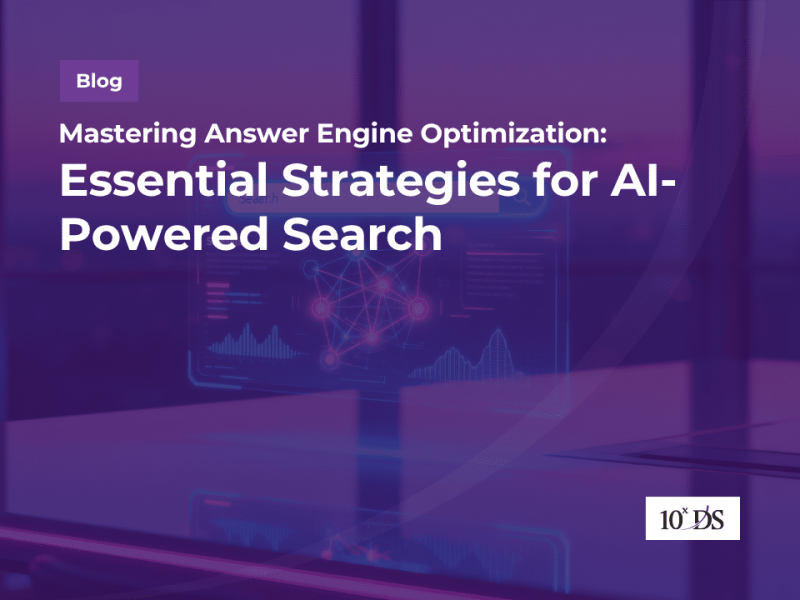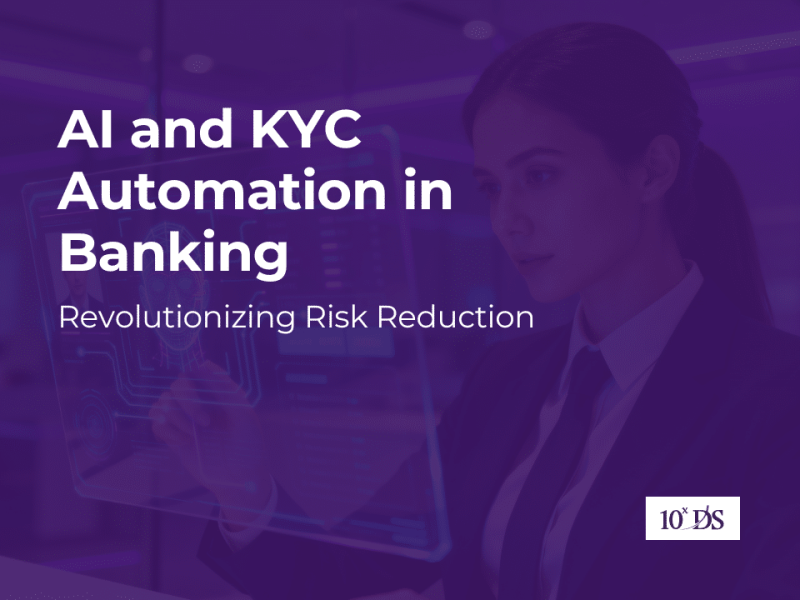
How Decision Automation is Shaping the Next Era of Industry
Business process automation and rule-based systems evolved as businesses which sought to streamline processes and leverage technology to reduce manual intervention. As AI and machine learning technologies advanced, the term “decision automation” became more common in describing systems that make decisions autonomously. Decision automation refers to the use of technology, particularly software and algorithms, to automatically make decisions that would traditionally require human intervention. It involves the application of predefined rules, data analysis, machine learning, and artificial intelligence to analyze data, assess situations, and execute decisions without or with minimal human involvement. This process is built on several key components, each playing a crucial role in ensuring that decisions are made efficiently, accurately, and consistently.
Data collection and processing
This involves gathering data from various sources, such as databases, real-time sensors, historical records, or external data feeds. Once collected, the data must be cleaned, organized, and structured in a way that makes it usable for decision-making. This step is critical because the quality of the data directly influences the quality of the decisions. Inaccurate, incomplete, or poorly structured data can lead to incorrect decisions, making robust data processing essential for effective decision automation.
Rules and logic
These rules are often predefined and represent the business logic, regulatory requirements, or other guidelines that dictate specific outcomes based on the input data. For example, in an automated credit approval system, the rules might include thresholds for credit scores, income levels, and debt-to-income ratios. These rules ensure that the decisions are consistent and align with the organization’s objectives. While the rules can be straightforward, they are often complex, involving decision trees or conditional logic that must be carefully crafted and maintained.
Machine learning and AI
Unlike simple rule-based systems, machine learning models can analyze patterns in large datasets and make predictions or classifications that inform decision-making. For instance, in fraud detection, AI algorithms might learn from past transactions to identify patterns associated with fraudulent behavior. Over time, these systems can improve by learning from new data and past decisions, making them increasingly effective. The use of AI and machine learning allows for more adaptive and intelligent decision-making, especially in dynamic environments where the conditions or data might change frequently.
Automation workflow
This involves the sequence of automated steps that lead from the initial data input to the final decision output. The workflow might include integrating with other systems, triggering actions based on the decisions made, or communicating the results to relevant stakeholders. For example, in a supply chain context, an automated workflow might start with inventory data collection, followed by analysis based on predefined rules and machine learning predictions, and conclude with the automated placement of restock orders. The automation workflow ensures that the process is not only efficient but also that the decisions made are actionable and integrated into the broader operational context.
Decision automation is transforming industries by enhancing speed, accuracy, and personalization in critical decision-making processes. Let us have a look at a few of them.
1. Financial Services: Credit Scoring and Loan Approval
In the financial services industry, decision automation plays a critical role in credit scoring and loan approval processes. Traditionally, these processes required manual review by loan officers, but with automation, they are now handled by sophisticated algorithms. Automated systems assess an applicant’s creditworthiness by analyzing a variety of data points such as credit scores, income, employment history, and debt-to-income ratios. These systems apply predefined rules and predictive models to instantly approve or deny loan applications, reducing the time and cost associated with manual processing. This not only speeds up the decision-making process but also ensures consistency and reduces human biases, leading to more objective and fair outcomes.
2. Healthcare: Clinical Decision Support
In healthcare, decision automation is increasingly used in clinical decision support systems. These systems assist healthcare providers by analyzing patient data, such as medical history, lab results, and current symptoms, to recommend treatment options, diagnostic tests, or medication plans. For example, an automated system might suggest a specific drug regimen based on a patient’s unique genetic profile or flag potential drug interactions that a physician might overlook. By leveraging data and machine learning, these systems can provide evidence-based recommendations, enhancing the accuracy and efficiency of medical decision-making. This helps improve patient outcomes, reduce errors, and free up healthcare professionals to focus on more complex cases.
3. Retail and E-commerce: Personalized Marketing
In the retail and e-commerce sectors, decision automation is revolutionizing personalized marketing. Automated systems analyze vast amounts of customer data, including browsing behavior, purchase history, and demographic information, to deliver personalized recommendations and targeted promotions. For example, an e-commerce platform might use decision automation to recommend products to a customer based on their past purchases and browsing history. These systems can also dynamically adjust marketing strategies in real-time, optimizing ad placements, email campaigns, and special offers to maximize customer engagement and sales. By automating these decisions, retailers can create a more personalized shopping experience, leading to higher customer satisfaction and increased revenue.
As artificial intelligence, machine learning, and data analytics continue to evolve, decision automation will become increasingly sophisticated, enabling more complex and nuanced decisions to be made with minimal human intervention. We can expect to see broader adoption across industries, from healthcare and finance to manufacturing and logistics, where automation will not only enhance efficiency and accuracy but also enable real-time, adaptive decision-making that responds to changing conditions and data. Moreover, ethical considerations and transparency will become central, as organizations strive to ensure that automated decisions are fair, unbiased, and aligned with human values. Ultimately, decision automation will play a crucial role in shaping the future of work, allowing humans to focus on higher-level strategic tasks while machines handle routine and data-driven decisions.
Talk to our experts to learn more.


